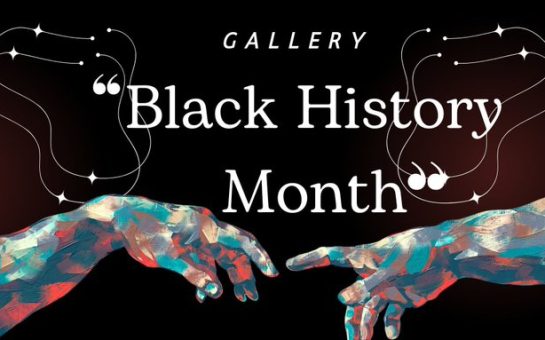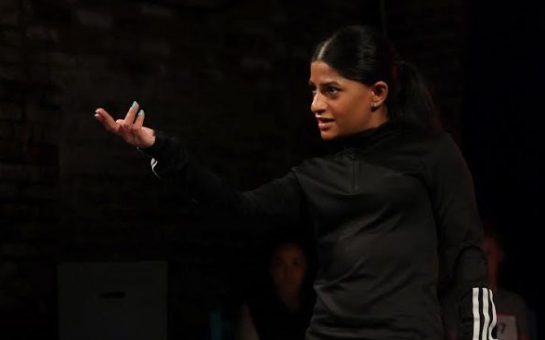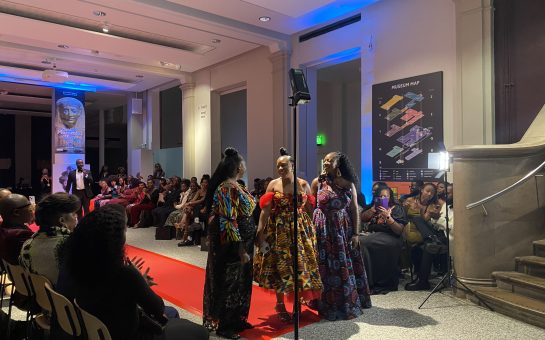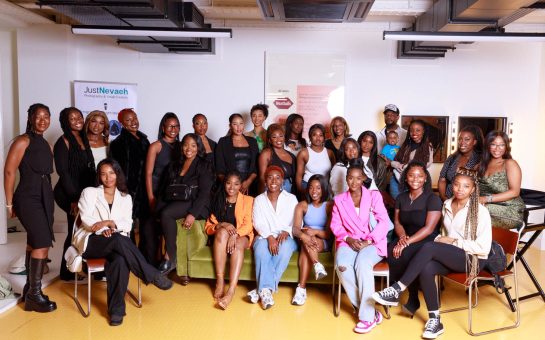After Black Lives Matter protests shook cities across the world, dating application Grindr opted to remove its ‘ethnicity filter’, sparking a major debate about romantic discrimination in the digital age.
In a Twitter post on June 1, Grindr pledged to remove settings that allow users to filter profiles by ethnicity – a change that was seen as long overdue by many people online.
However, many have also expressed opposition to the update, stating that applications should respect the ‘preferences’ of individual users.
Opposition has also included those who believe black and minority ethnic users require the filter to create a ‘safe space’ – a means of avoiding potentially racist attitudes when finding partners online.
Many express that Grindr’s commitment falls short of their obligations to combat racism on its platform. Profiles that state ‘no asians’ and ‘no blacks’ are commonplace, state many users.
Controversies around racial discrimination in dating applications have been longstanding. Data has shown that black and minority ethnic profiles are rated as less attractive by other users.
“It sometimes feels like I am either not desired or just a fetish,” said John (pseudonym), a 23-year-old teacher in London.
“Some guys just randomly message me like, ‘I love BBC, black guys make me crazy.’”
Other dating sites were dragged into the mix. Hinge and OkCupid – dating platforms with 11 million active users combined – have said that they have opted to continue giving users the option to filter by ethnicity.
Dating application conglomerate Match group, argued in a statement by spokesperson Justine Sacco, “In many cases we’ve been asked to create filters for minorities that would otherwise not find each other.”
Mr Sacco continued that it was important to give people the ability to find others with similar upbringings and cultural experiences, creating “safe spaces, free from discrimination.”
Match group owns platforms such as Tinder, Match.com, OkCupid, Hinge and PlentyOfFish.
For Black History Month, online dating giant Bumble has also responded to recent pressures to increase racial inclusivity, launching the #MyLoveIsBlackLove campaign.
Teaming up with Metallic and leading British celebrities and entrepreneurs, ‘my love is black love’ aims to share reflections on love from 31 black British people for every day of the month.
Dating applications have seen their user bases grow significantly over the past five years. Research from Imperial has found that over half of UK couples will meet their partner online by 2035 if trends continue.
Effort to tackle racial discrimination on the online dating market will prove pivotal to the love lives of people in the coming years.
OFFENSIVE: A screenshot of messages John received over Grinder



